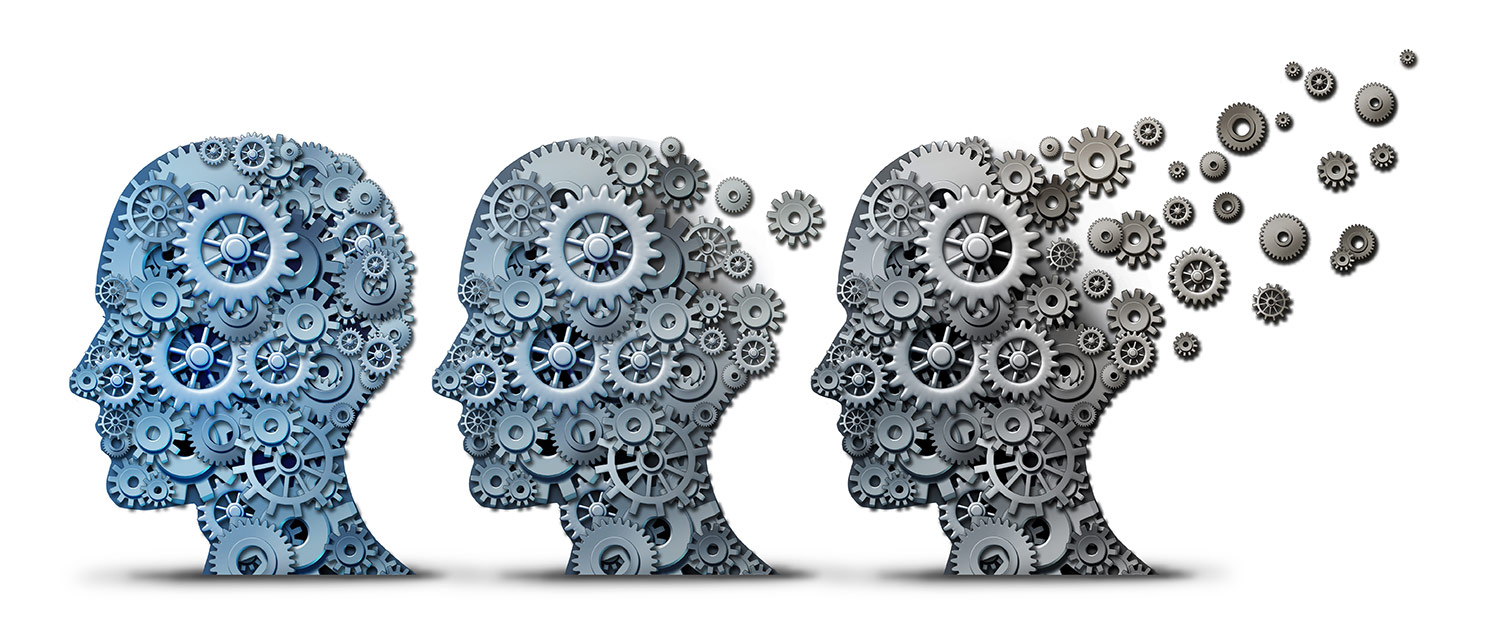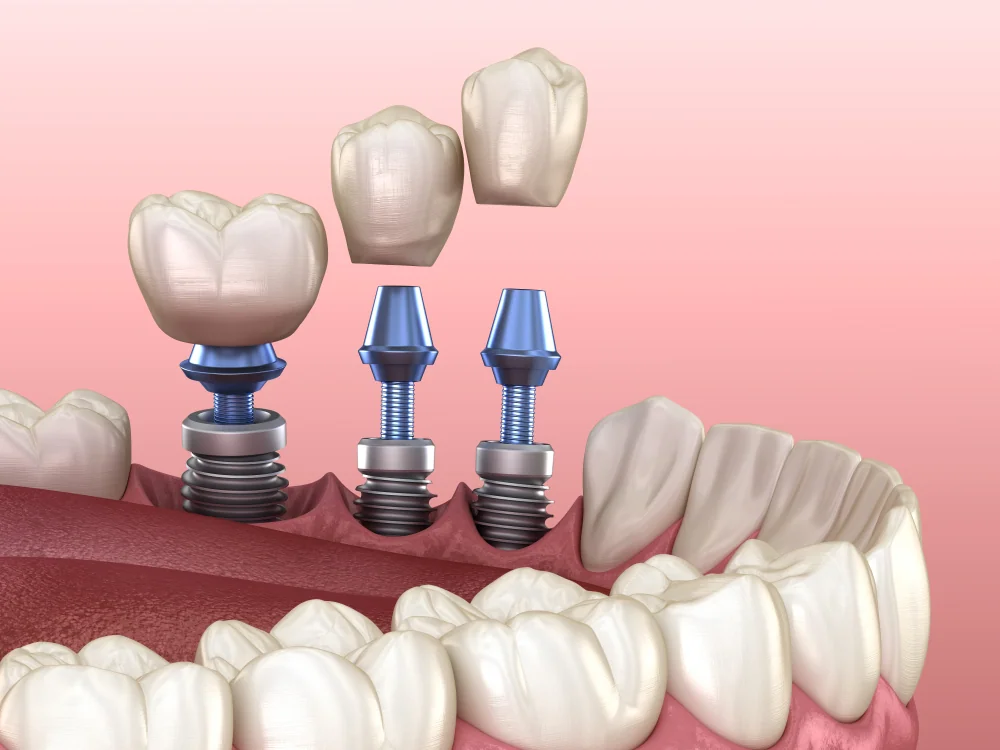The Difference Between Dementia And Alzheimer's Disease
- Posted on Nov. 7, 2023
- Health
- Views 70
It is of paramount importance to discern accurately the distinction between dementia and Alzheimer's disease. This understanding is critical in the execution of diagnostic assessments, the implementation of therapeutic measures, and the facilitation of requisite support systems.
Read More

Understanding Dementia: An Overview
Dementia constitutes a group of medical diseases distinguished by the progressive deterioration of cerebral functions. This deterioration manifests in the debilitation of cognitive faculties such as memory, attention, and linguistic capabilities, severely hampering one's capacity to perform daily tasks independently. Alzheimer's disease is the quintessential example, causing significant cognitive decline that impairs essential task management.
Alzheimer's Disease: A Type of Dementia
Alzheimer's disease is the most standard cause of dementia, accounting for 60 to 80 percent of all patients. This neurological disease unfurls slowly and then accelerates, resulting in an unavoidable decline of memory, critical thinking, and logic skills. Eventually, Alzheimer's dementia leads to a point where individuals cannot manage basic activities like dressing or eating. At its core, Alzheimer's is marked by two types of abnormal protein accumulations—amyloid plaques and tau tangles—which disrupt the once seamless communication between neurons and trigger a cascade of cell death.
Dementia vs. Alzheimer's: Spotting the Differences
While all Alzheimer's cases are dementia, not all dementia cases are Alzheimer's. Here are the key distinctions:
- Cause: Alzheimer's has a well-researched pathology involving amyloid plaques and neurofibrillary tangles. Other dementias can result from a variety of causes, including Lewy body dementia, vascular dementia, and frontotemporal dementia.
- Symptoms: Alzheimer's typically starts with memory lapses, especially difficulty remembering newly learned information. Other dementias may have different initial symptoms, like personality changes (frontotemporal dementia) or motor symptoms (Lewy body dementia).
- Progression: The progression of Alzheimer's follows a more predictable convention compared to other forms of dementia, which can vary significantly in their progression.
- Diagnosis: Specific biomarkers in cerebrospinal fluid and imaging findings can support an Alzheimer's diagnosis, while diagnosing other types of dementia may rely more heavily on clinical criteria and exclusion of other disorders.
Understanding these differences is crucial for proper diagnosis, treatment, and management, and can significantly impact the care and support provided to patients.
Impact of Early Diagnosis
An expeditious and precise diagnosis is paramount for augmenting the life quality of individuals diagnosed with dementia-related states. Despite the absence of a definitive cure for a majority of these afflictions, including Alzheimer's disease, current therapeutic interventions can attenuate symptoms. It is noteworthy that certain types of dementia, attributable to vitamin deficiencies or thyroid dysfunctions, are amenable to reversal upon receiving appropriate medical therapy.
Treatment Approaches
Therapy for Alzheimer's involves memory-enhancing drugs and managing other health issues to slow cognitive decline. For other dementias, strategies may vary; for instance, vascular dementia care emphasizes lifestyle adjustments and medications to control the brain's blood supply, while reversible dementias require correcting the specific underlying issue, like vitamin deficiencies or metabolic imbalances.
Supportive Care and Management
Supportive care for dementia extends well beyond medical interventions, focusing on enhancing the quality of life for those affected. Tailoring the living environment to reduce confusion, using memory aids like calendars and structured routines for Alzheimer's patients, and engaging in cognitive stimulation activities are all essential aspects of care. Safety measures are paramount, involving adjusting living spaces to prevent accidents and wandering, which are expected as the condition progresses.
Conclusion
It is imperative to discern that Alzheimer's disease represents merely a single manifestation within the broad spectrum of dementia-related disorders, each with its etiology and clinical presentation. This knowledge is indispensable for the administration of appropriate care.


